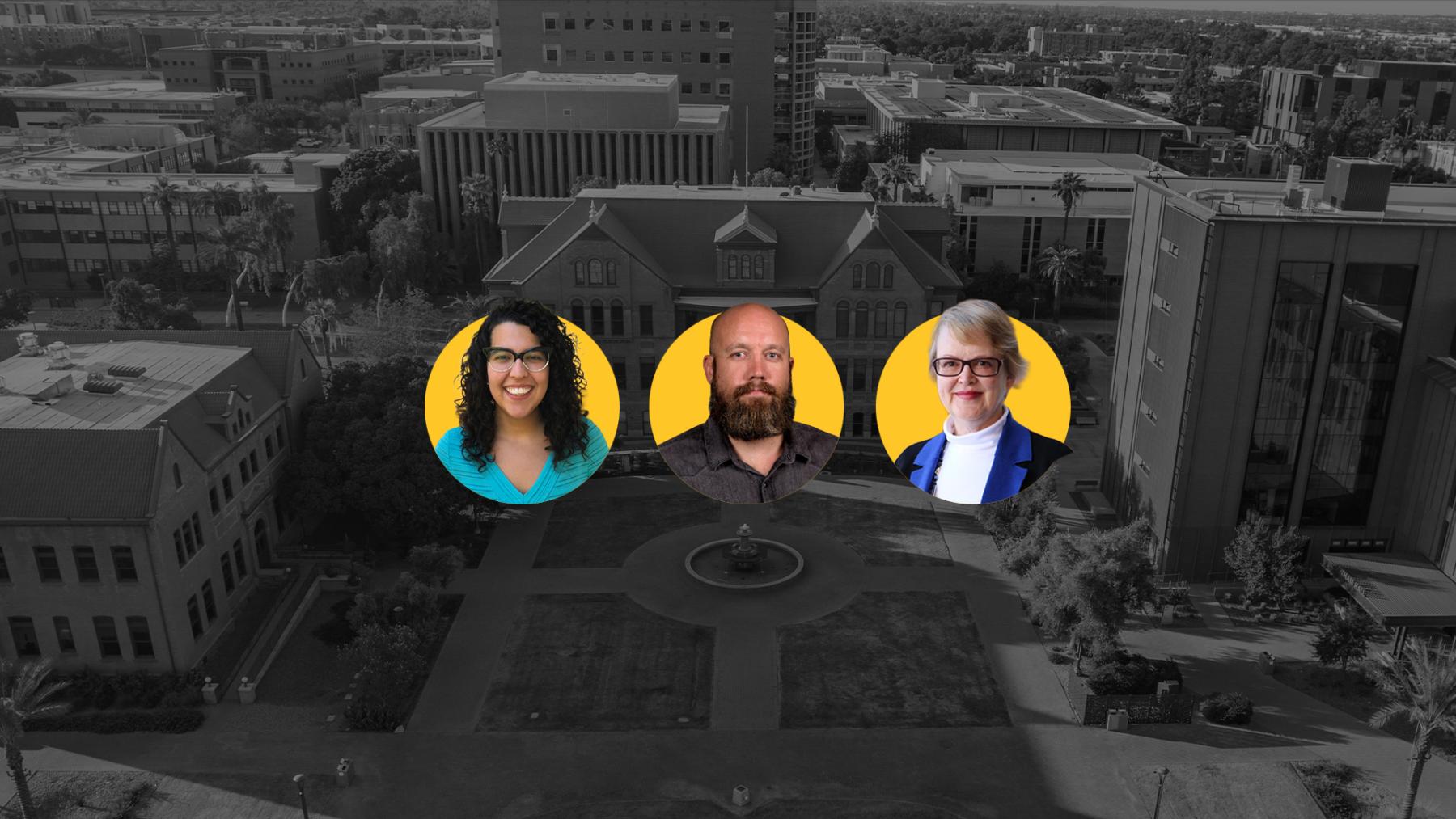
Mentoring Matters: Supporting First-Generation Graduate Students
Graduate school can be a transformative yet challenging experience, particularly for first-generation students who may lack the social and academic capital their peers often take for granted. In a recent Mentoring Matters session, faculty members Dr. Lisa Anderson, Dr. Sara Brownell and Dr. Vera Lopez discussed the unique hurdles faced by first-generation graduate students and shared strategies for fostering their success.
Understanding the challenges
First-generation graduate students often enter academia without the benefit of family members who have navigated similar paths. This lack of exposure to the "hidden curriculum" — unspoken expectations, norms, and professional networking practices — can lead to misconceptions, imposter syndrome, and missed opportunities.
Dr. Brownell emphasized that even students whose parents have graduate degrees in different fields may struggle with discipline-specific expectations. She noted that every program, advisor, and academic culture has distinct norms that must be made transparent.
Dr. Lopez shared her personal journey as a first-generation student, highlighting the financial, social, and academic barriers she faced. She reflected on how working multiple jobs prevented her from fully engaging in academic networking and research opportunities and she stressed the importance of mentorship in helping students navigate these challenges.
Strategies for faculty to support first-generation graduate students
The panelists provided practical ways faculty can foster a sense of belonging and provide essential guidance:
1. Make expectations explicit
- Clearly define expectations for coursework, research, and professional engagement.
- Provide detailed guidance on navigating conferences, professional dress codes and networking etiquette.
- Offer structured mentorship that includes proactive check-ins.
2. Create opportunities for inclusion
- Invite first-gen students to participate in research projects and publications.
- Proactively offer letters of recommendation and encourage applications for funding.
- Normalize discussions about challenges, including feelings of imposter syndrome.
3. Foster community and mentorship
- Encourage peer mentoring by connecting first-year graduate students with more experienced students.
- Create spaces where students can ask questions without fear of judgment.
- Develop first-gen affinity groups or discussion-based seminars that address challenges and provide support.
4. Address financial and social barriers
- Be mindful of financial challenges when planning events or requiring conference participation.
- Share grant and fellowship opportunities widely, and provide support in completing the applications.
- Consider ways to support international first-gen students, who face additional layers of cultural adjustment and financial challenges.
Shifting academic culture
The panelists emphasized that academia must evolve to be more inclusive of first-generation students, rather than expecting them to conform to outdated norms. Dr. Anderson highlighted that institutions like ASU, prioritizing inclusivity, must actively work toward structural change to ensure student success.
By reimagining mentoring and dismantling the hidden curriculum, faculty can play a crucial role in ensuring that first-generation graduate students not only survive but thrive in their academic journeys.
More stories from the Graduate Insider

Finding your flow: Managing the graduate writing process
Graduate writing can feel like a marathon—long, demanding, and full of unexpected detours. But as Tristan Rebe, Program Manager for the Graduate Writing Center, reminded students in the Grad15: Managing the Writing Process webinar, writing is not about perfection—it’s about progress. “The best dissertation is a done dissertation,” Rebe said, quoting Robert Frost: the best way out is through.

Promoting resilience and well-being in Ghana — and across the globe

From practice to presentation: How to deliver a winning faculty job talk
Giving a job talk can feel like the most high-stakes presentation of your academic job search. It’s not just a research seminar—it’s your opportunity to demonstrate vision, communication skills, and fit within a department. In a recent Lunch and Learn, faculty members Associate Professor in School of International Letters and Cultures, Anita Huizar-Hernandez, Professor in School of Life Sciences Jeffrey Jensen, and Professor in Department of Physics Patricia Rankin shared concrete strategies to help graduate students and postdocs succeed as future faculty candidates.